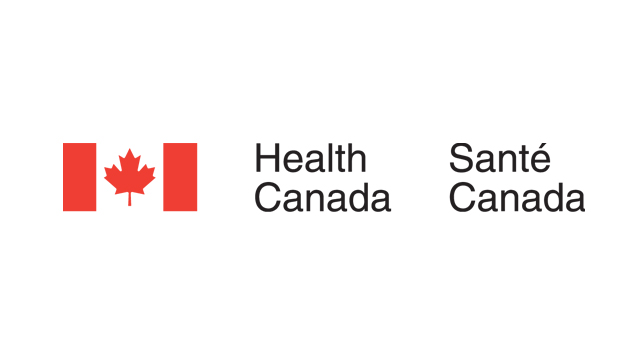Health Canada is standing by its own decision that glyphosate is not a cancer risk.
In a statement released Friday, the federal agency dismissed eight notices of objection and assertions made in the Monsanto Papers.
“Health Canada scientists reviewed the information provided in these notices and assessed the validity of any studies in question, to determine whether any of the issued raised would influence the results of the assessment and the associated regulatory decision,” the statement said.
‘”After a thorough scientific review, we have concluded that the concerns raised by the objectors could not be scientifically supported when considering the entire body of relevant data. The objections raised did not create doubt or concern regarding the scientific basis for the 2017 re-evaluation decision for glyphosate.”
That 2017 re-evaluation determined that glyphosate is not genotoxic and is unlikely to pose a human cancer risk. It also determined that dietary exposure associated with the use of glyphosate is not expected to pose a risk of concern to human health and when used according to revised label directions, glyphosate products are not expected to pose risks of concern to the environment.
Health Canada selected a group of 20 of its own scientists who were not involved in the 2017 decision to evaluate the eight objections and of the concerns raised publicly about the validity of some of the science around glyphosate.
“Our scientists left no stone unturned in conducting this review,” Health Canada said.
“They had access to all relevant data and information from federal and provincial governments, international regulatory agencies, published scientific reports and multiple pesticide manufacturers. This includes the reviews referred to in the Monsanto Papers.”
The agency also had access to “numerous” individual studies and raw data during its assessment, including cancer and genotoxicity studies.
“No pesticide regulatory authority in the world currently considers glyphosate to be a cancer risk to humans at the levels at which humans are currently exposed,” Health Canada said.
“We continue to monitor for new information related to glyphosate, including regulatory actions from other governments, and will take appropriate action if risks of concern to human health or the environment are identified.”
Glyphosate is the active ingredient in the pesticide Roundup and is used in other agricultural, forestry and residential herbicides.
Last year a California man won a lawsuit against Monsanto when a jury ruled that the company’s pesticide caused his terminal cancer.
Johnson alleged the company spent decades hiding cancer risks of its herbicide.
In 2017, the UK’s Guardian newspaper said a European food safety authority recommendation that glyphosate was safe relied on a report that copied and pasted analyses from a Monsanto study. A World Health Organization agency classified glyphosate as a carcinogen in 2015.
Monsanto was purchased by Bayer in in June of 2018.
In December 2018, Byer published more than 300 glyphosate safety summaries online.
The Western Canadian Wheat Growers Association praised Health Canada’s decision.
“Glyphosate is a crucial input for our crops,” said chair Jim Wickett.
“Used correctly, it reduces weeds, increases yield, assists soil health, reduces erosion and ultimately lowers our fuel costs through fewer passes over the field, making our farms more environmentally friendly.”
“The defense of many modern agriculture practices, like the use of crop protection products, has been exhausting these past few years and its refreshing to see science win this battle,” added director Cherilyn Nagel.
“Canadian farmers should celebrate this unequivocal support for glyphosate. The strong language used in the Health Canada statement is clear and it has certainly renewed my faith in our regulatory system.”


